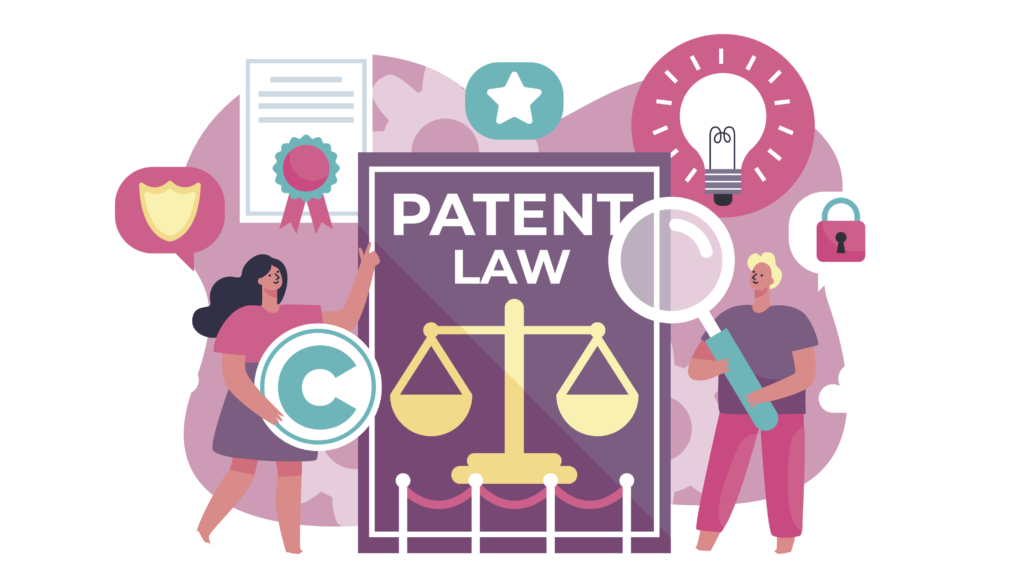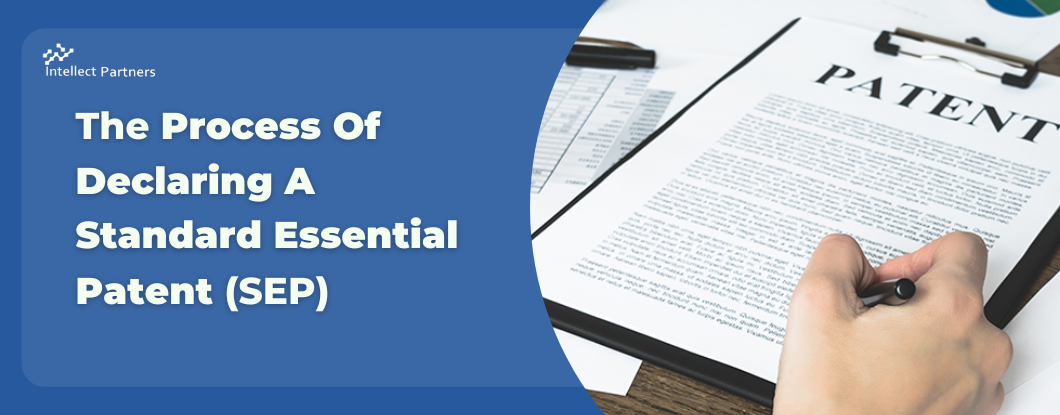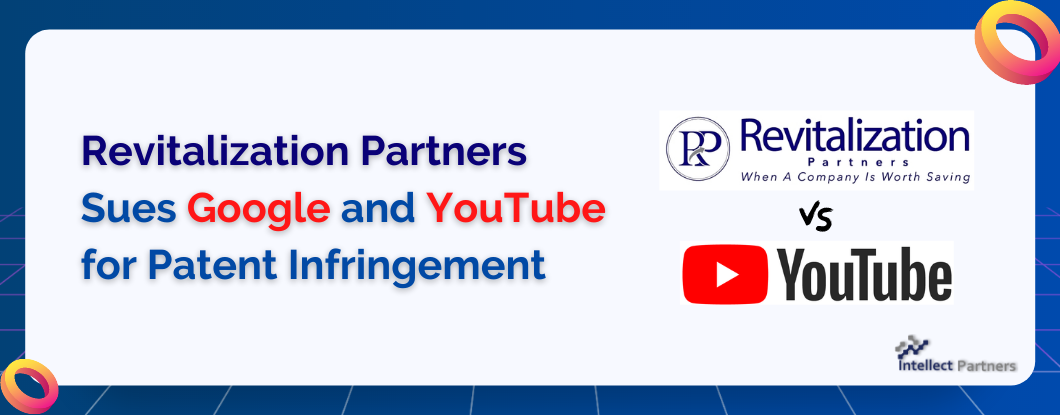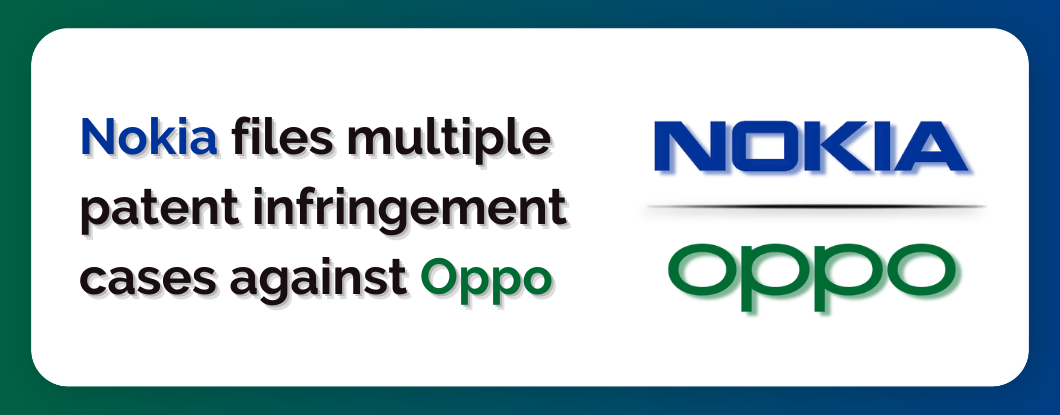Standards and SEPs, what are they?
A standard is a set of technological advances, norms, or protocols utilized in like manner by different manufacturers or service providers while designing specified methods or products. Standards are fundamental for the worldwide reception of innovations and processes. For instance, different telecom advances, for example, Bluetooth and Wi-Fi capabilities comparatively on phones made by various organizations. The organizations, groups, or bodies that define and set standards are known as Standard Setting Associations (SSOs). The Alliance for Telecommunications Industry Solutions (ATIS) in the US, the European Telecommunications Standards Institute (ETSI) in Europe and The Association of Radio Industries and Businesses (ARIB) in Japan are some examples of SSOs working in the telecom sector.
While explaining a standard, a few innovations or processes might exist that some innovator has proactively patented, and without utilizing these patents, executing the standard is incomprehensible. Those patents crucial for executing a standard and have been acknowledged by the concerned SSO are known as Standard Essential Patents (SEPs). The role of SEPs is most critical in the field of telecommunications because with each new age, for example, 3G, 4G, and 5G, there are various standards defined by SSOs like ETSI. It is inordinately impossible to manufacture a telecommunication framework connected with the concerned standard without utilizing the advancements defined by SEPs.
Presently, organizations that make products that are per a standard need to have a permit of the relevant SEPs from the proprietors of the SEPs. The proprietors of the SEPs invest money, time, and different resources while inventing and defining their patented advances, and they ought to get reasonable royalties for their endeavors. Consequently, the SEPs are for the most part licensed on FRAND (Fair Reasonable, and Non-Discriminatory) terms. FRAND terms are an agreement between the SEPs holders and SSOs to give a SEP license to the standard implementers based on fair and reasonable conditions for both of the parties. FRAND is a voluntary agreement, and there is no implementing body to uphold the FRAND terms. If there is any conflict between the two parties on FRAND, the dispute can be put under the watchful eye of the concerned court, where the jury or judge will determine the issue.

Patent Designation as SEP
A patent is pronounced crucial for implementing a standard, ordinarily by the SSOs. While creating and defining a standard, the individuals from the SSO check for the potential patents which might be expected for the implementation of the standard as well as the patent proprietors pronounce to the concerned SSO that their protected innovation is fundamental to implementing the standard. After getting the rundown of such patents, the concerned SSO individuals check whether the unveiled patented innovation is utilized in the standard and further, assuming asked by the SSO’s higher authorities, an effort is made by the SSO members to track down alternative innovation solutions to find whether executing the standard without utilizing the corresponding patent. On the off chance that there is no other alternative, the patent is announced as essential for the specific standard, and the higher authorities of the SSO are informed about it.
License Granting According to the FRAND Terms
For the most part, in the wake of perceiving a patent to be fundamental for the standard implementation, the patent proprietor is requested by the concerned SSO, for example, ETSI to give an irreversible undertaking in a particular timeframe regarding its agreement to grant the license based on FRAND terms, however, the patent proprietor will undoubtedly give the license based on FRAND terms. If the patent proprietor doesn’t show interest in granting a license based on FRAND conditions, subsequent requests are made by the higher authorities of the SSO, for example, the Director-General on account of ETSI to get the license.
In any case, if the patent proprietor refuses to provide the license based on FRAND terms, the SSO decides whether the development of the concerned part of the standard ought to proceed or not. Notwithstanding, much of the time, the patent proprietors are the organizations that are members of the concerned SSO and play a part in developing the standard. These organizations ordinarily consent to give the license to their patented innovation based on FRAND terms. In many cases, the member organizations purposefully embed their patented innovations into various parts of the standard to profit from the FRAND terms’ royalties, which is an unethical activity.

Declaration of SEP
The SSOs by and large provide platforms on which the patent proprietors can declare assuming that they observe that a specific standard is utilizing their patented innovation. The patent holders need to give all the information concerning their patents utilized in the standard and the part of the standard that utilizes the concerning innovation. For instance, ETSI gives an “IPR Information and Licensing Declaration” platform. The declarants can open a submitter account on this platform and proclaim that their patented innovation is fundamental for executing a specific standard. The declarants can choose the specific part of the standard that is utilizing their innovation.
How to Find Declared SEPs
The proclaimed SEPs are generally revealed publicly by the concerned SSO. The information in regards to SEPs related to a specific standard/innovation and/or the SEPs connected with a specific assignee can be tracked down on the site of the concerned SSO.
For instance, ETSI gives an “ETSI IPR Online Database” as displayed in Fig. 3. The SEPs connected with a specific project, standard, as well as a declaring organization can be found by filling in the suitable details in the web-based data set of ETSI.
Conclusion
Standards play a significant part, particularly in telecom, to keep up with consistency in the work process of different advancements. With the approach of the new-gen, different new standards should be characterized. Frequently, these standards involve patented advances, without which implementing the standard is unthinkable. These patents are pronounced as SEPs by the SSOs. The proprietors of these patented innovations had invested a lot of effort while inventing these advances; consequently, they ought to be compensated reasonably. The most common way of setting standards, proclaiming SEPs, getting SEP licenses based on FRAND terms, and giving public info in regards to SEPs connected with standards is by and large controlled and implemented by SSOs.



